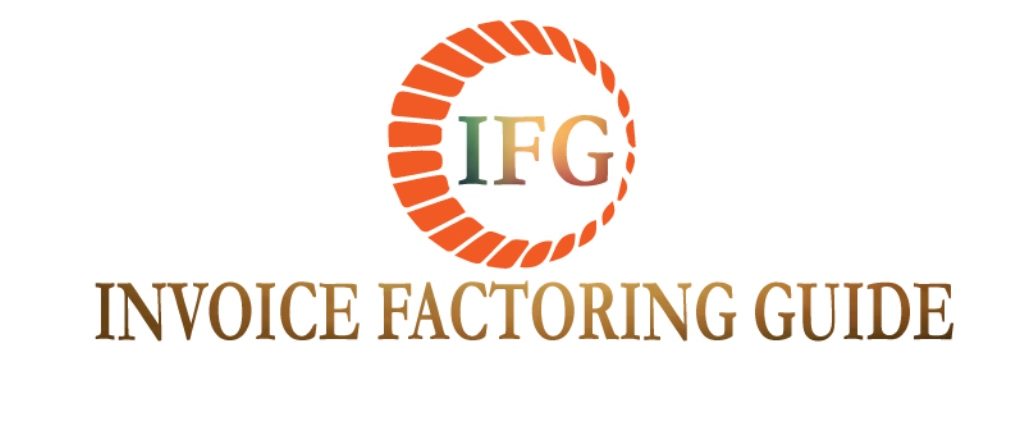What is Factoring?
 The most common question business owners ask us is what is factoring? Factoring occurs when a business sells its unpaid invoices to a factoring company at a discount. The result is immediate funding that can be used to meet payroll, make outstanding debt payments or capitalize on strategic opportunities.
The most common question business owners ask us is what is factoring? Factoring occurs when a business sells its unpaid invoices to a factoring company at a discount. The result is immediate funding that can be used to meet payroll, make outstanding debt payments or capitalize on strategic opportunities.
Funding can come in less than 24 hours. Businesses receive the funding they need without incurring any new debt, since factoring is not a loan. Learn more about what is factoring and how invoice factoring helps small business funding needs.
Once the factoring companies buy the invoices, the account debtors will make payments directly to the factor, since ownership has been transferred. Now, the business can stop chasing down its customers for payment, potentially straining the relationship with the customer they may have spent years trying to land.
Essentially, the collection duties have been passed onto invoice factoring companies. The business gets back to business and the invoice factoring company earns a fee.
Enter the Invoice Factoring Company
From the point of view of the invoice factoring company, they want to make a profit on the transaction while minimizing risk. The factoring company assesses the credit risk of customer when performing due diligence. The riskier their credit rating, the less money the factoring company advances up front. The factor wants a cushion, in case of repayment.
They factoring company will also examine the size of the invoices to determine the fees they will charge the business. Typically, the larger the monthly volume and size of the outstanding invoices, the less the invoice factoring company will charge the business to factor them.
The vast majority of invoice factoring companies are reputable but you need to look over the funding agreement carefully. Sometimes, you will get quoted a very low invoice factoring rate but that cost may end up somewhere else as a fee. You want to find a factoring company that is transparent.
What is Accounts Receivable Factoring?
Accounts receivable factoring is the same as invoice factoring. Both of these terms are technically a type of invoice finance. The term accounts receivable factoring tends to be used with larger companies, while invoice factoring is used by smaller companies. Remember, factoring accounts receivable introduces the default risk of the future payments. This can be mitigated through non recourse factoring.
Consider accounts receivable factoring if you operate in an industry with longer payment cycles. Transportation, import-export, construction, staffing, printing or any industry dealing with government contracts presents potential cash flow problems for businesses operating within. By factoring receivables, businesses in these industries can get the funding they need, often when a bank turns a business down for a traditional business line of credit.
Trucking factoring companies like OTR Capital, Fleetone Factoring and Triumph Business Capital provide net working capital for transportation companies. New era online factors like Bluevine, Fundbox, Ondeck Capital and Kabbage loans utilize proprietary financial technology (check out how we scored each on our Bluevine reviews, Fundbox reviews, Ondeck reviews and Kabbage reviews pages).
Conversely, asset based lending shops like Riviera Finance and Rapid Advance extend credit in lieu of various assets and other metrics. Finally, online marketplaces allow small businesses to shop a variety of funders catering to wide array of fiscal profiles. Check our Biz2Credit reviews, Fundera reviews and Lendio reviews to compare rates, products and reputation.
